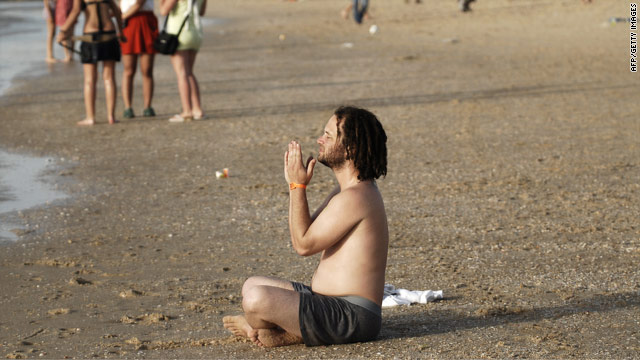Residents of Otto-Ilogbo Community, in the Ebute Metta area of Lagos are alarmed by the murder of a pregnant woman in their area.
This follows the revelation by a 23-year-old lady, identified as Grace Orobo, that she connived with her boyfriend, one Okechukwu Eze, 28, to bury a pregnant woman in a swamp in the community. The victim, Glory Goodnews, from Oron in Akwa Ibom State, was living with her boyfriend, Mr Eze, a loader with one of the transportation companies at Ejigbo, a suburb of the city, for close to three years at Otto Ilogbo slum, when she suddenly disappeared in January. According to one of Ms Goodnew’s relatives, David Sambo Udoh, the victim confided in him that she was pregnant but her boyfriend, Mr Eze, told her to abort the pregnancy.
And the news came
According to residents, the victim disappeared from sight around January this year. News that she was allegedly murdered came out when Mr Eze’s new girlfriend, Ms Orobo, on Sunday, revealed to the victim’s relatives that she connived with Mr Eze to murder Ms Goodnews and later buried her in a swamp in the community, following her refusal to abort the pregnancy.
“Glory is from Akwa Ibom and I am from Akwa Ibom,” said Mr Udoh. “She comes from the same village my wife came from, Oron; so she is well known to us. She was living in an hotel at Orile, but Okechukwu brought her from the hotel to come and live with him at Otto Ilogbo. They have been living together for like three years now. Around January this year, Glory came to tell us that she was pregnant but her boyfriend, Okechukwu, said she will not use pregnancy to trap him to marry her because Okechukwu was also dating another girl called, Orobo. After a while, we did not see Glory again and I personally went to ask Okechukwu where Glory is, but he said he had sent her to his village in Anambra State to go and give birth there. Every time I see Okechukwu, I will ask him to give me Glory’s number so I can call her but he will give me fake numbers that will never reach her.
“When it was like nine months, and I knew she would have given birth, I asked Okechukwu again, but he told me that Glory gave birth to a boy and she will be coming to Lagos soon. But on Sunday, Orobo, Okechukwu’s other girlfriend came to our room and she was holding Glory’s picture. She told us that she want to reveal the secret; that Okechukwu has buried Glory with her pregnancy in the canal at Otto because Glory refused to abort the pregnancy. I went to meet Okechukwu but he was not around. Later in the night, around 10pm that Sunday, 28th of November, I saw Okechukwu coming back home and I held his shirt that he had killed Glory and buried her in the swamp. Okechukwu just keep saying ‘Please, I will tell you everything; I will tell you everything’. He said Glory was sick and she died in his hands so he did not want to alert anybody, that was why himself and his girlfriend, Orobo, went to bury Glory in the swamp at Otto Canal in the midnight. I was angry and I raised alarm and that was how the people in the community helped me to drag Okechukwu to the Denton Police Station.”...
Police take over case
The case was later transferred to the Iponri Police Division, where police officers have began investigation into the case. The Community Development Officer of Otto Ilogbo, Agbodemu Ishola Musbau, described the incident as unfortunate. “Glory is a very peace-loving person and she is very gentle,” he said. “I remember that I last saw her in January and later asked after her and they told me that she travelled to the east. Since then I have not heard anything from her until now that I got information that her boyfriend allegedly connived with a lady called Orobo to kill her and they threw her body into the swampy canal here in Otto. This community is peaceful and we will get to the root of the matter, and we will not condole murderers living with us and that is why we are raising the alarm about the death so that police can investigate it.”
“If Okechukwu is found guilty of the allegation then he will be made to face the penalty of his crime. His girlfriend, Orobo, who allegedly committed this crime with him, is at large but the police will arrest her and with our cooperation, she will be arrested soon. So that this will serve as a deterrent to criminally minded people not to take the laws into their hands.”
